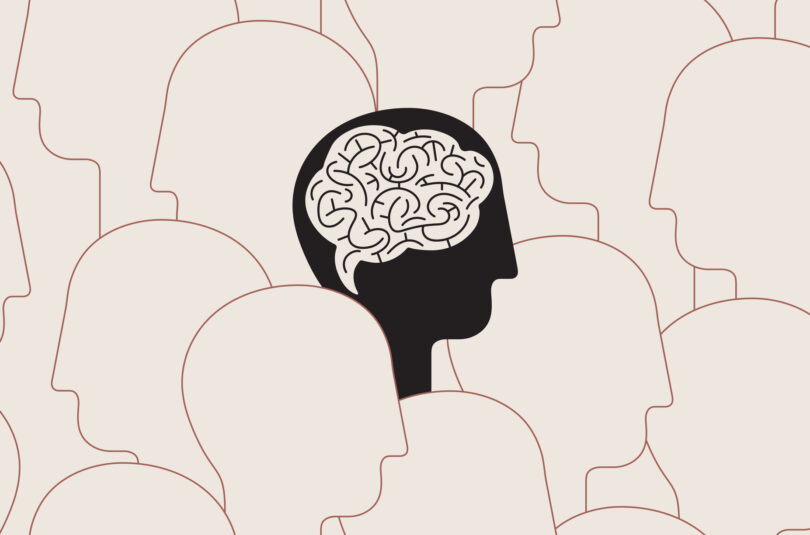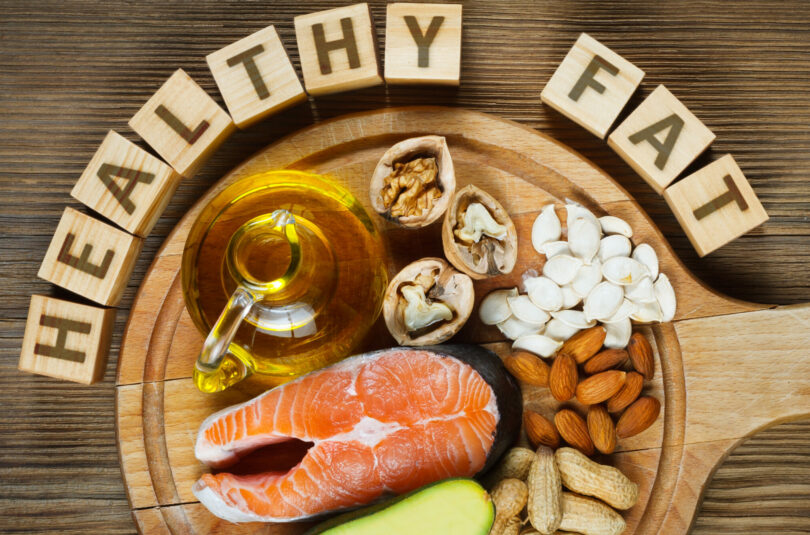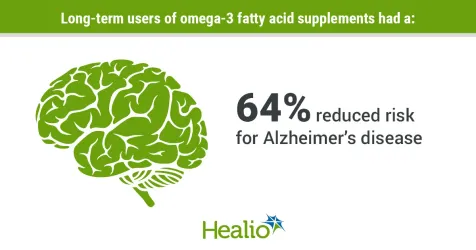A study by researchers from the University of Pennsylvania found that omega-3 fatty acids reduced aggression, regardless of age or gender.
Research Shows Omega-3 Can Support Your Brain Through Bouts Of Loneliness
Seafood is rich in omega-3 fatty acids EPA and DHA which along vitamin D help regulate the production, release, and function of serotonin. Social isolation affects the activation of our serotonergic pathways—but omega-3 fatty acids and vitamin D have an important role in the actions of these pathways and are thus, critical nutrients for everyone but especially people who are dealing with loneliness.
Increased intake of omega-3s may help alleviate some symptoms of bipolar disorder
A study in The Journal Bipolar Disorders suggests that individuals with bipolar disorder who adjust their intake of specific fatty acids may experience less variability in their moods.
People who regularly eat fish are 20% less likely to have depression than their peers
People who regularly eat fish are 20 percent less likely than their peers to have depression. In fact, the American Psychiatric Association has endorsed the fatty acids in fish as an effective part of depression treatment.
People who eat fish frequently have 14% larger brain hippocampus – the big memory and learning center
People who eat fish frequently have 14% larger brain hippocampus – the big memory and learning center
A diet high in the omega-3 fats and low in omega-6 fats showed a decreased frequency and severity of headaches
A diet high in the omega-3 fats found in fish and shellfish, and low in omega-6 fats found in many processed foods, showed a decreased frequency and severity of headaches. Participants ate foods including wild salmon, albacore tuna, and trout while minimizing sources of omega-6 fats such as corn, soybean, and canola oils.
Omega-3 fatty acids might reduce cognitive decline risk
USDA/HHS: The 2020-2025 DGA recommends a shift towards healthy eating patterns, which include a variety of protein foods including more seafood. The general population should eat at least 6 ounces of seafood per week with the aim to take in at least 250 mg per day of omega-3 fatty acids EPA and DHA, and women who are pregnant or breastfeeding should eat at least 6 ounces of seafood per week for omega-3 fatty acid DHA to improve infant health outcomes
Seafood Helps Those Winter Blues, Research Shows
Combating loneliness during the cold and lonely months of winter can be difficult, but seafood can help! Research shows the omega-3s found in seafood can support your brain through bouts of loneliness. Social isolation affects the activation of our serotonergic pathways—but omega-3 fatty acids (specifically EPA and DHA, found in seafood) and vitamin D both...









